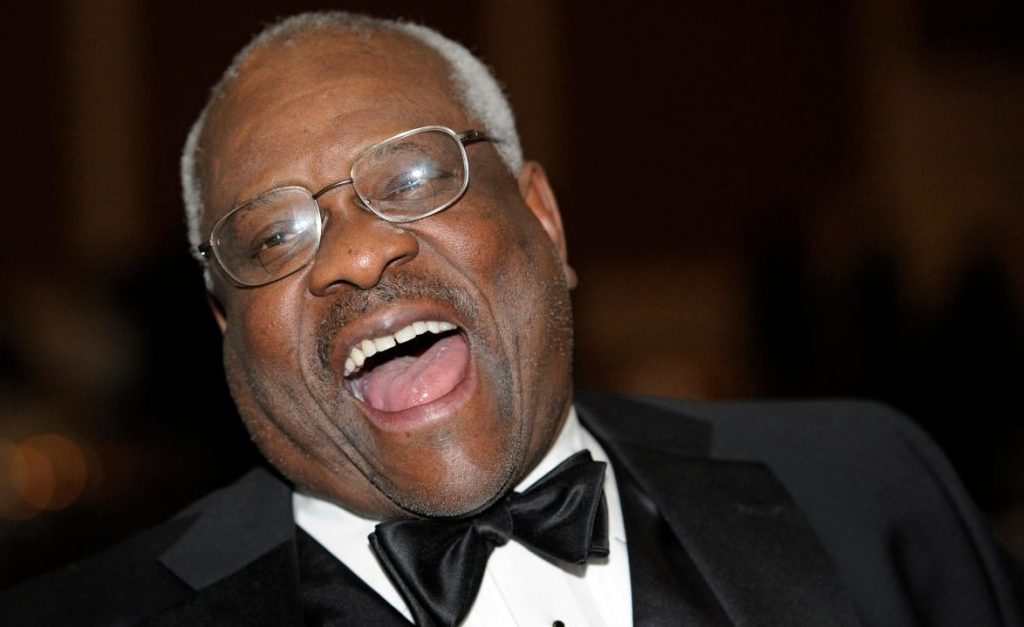In his concurring opinion overturning Roe v. Wade, Justice Clarence Thomas also took aim at the rights to contraception and same-sex marriage.
Thomas said the same reasoning the Supreme Court used when it denied that there was a right to abortion could also apply to those other rights, as well as consensual gay or lesbian sex.
“A lot of people are focused on abortion, as well they should be,” said Andrew Miltenberg, a Boston civil rights attorney. “But there’s now a fire in one room, and he just invited us to burn the whole house down.”
The court’s majority found that a right to abortion was not protected by the 14 Amendment’s due process clause.
In his concurring opinion, Thomas targeted three other cases that hinged on that same legal reasoning: Griswold v. Connecticut, which found in 1965 that married couples have a right to birth control; Lawrence v. Texas, a 2003 decision that legalized same-sex sexual relations; and Obergefell v. Hodges, which in 2015 legalized same-sex marriage, something Massachusetts became the first state to do on May 17, 2004, long before the Supreme Court’s decision.
“I think the whole reasoning of the court in Roe v. Wade was built on the idea that there is no right to privacy, but all of these other cases are grounded in the same right. So the court can’t have it both ways,” said Lawrence Gostin, a Georgetown University Law School professor. “I see no evidence the court can limit its decision to only abortion.”
“I never thought I would see this day,” Gostin added. “This is a conservative majority on the court flexing its muscles and that seems to care very little about public opinion or the court’s legitimacy.”



